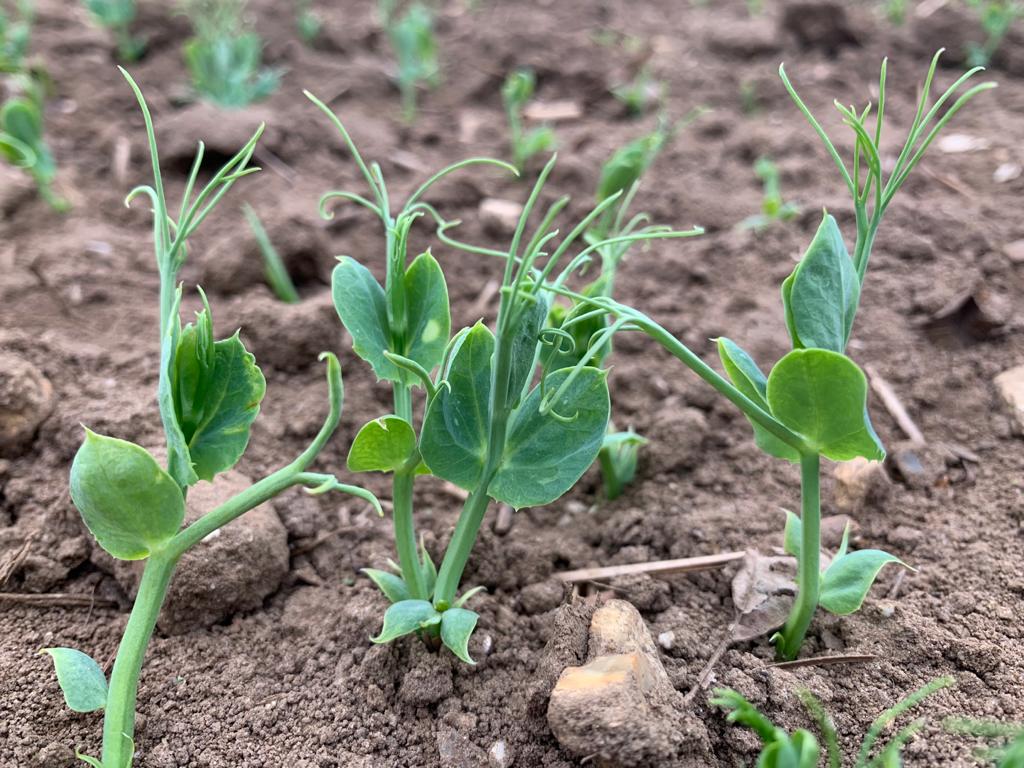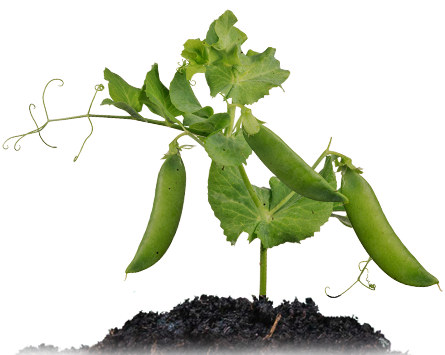

In recent years, there has been a growing recognition of the importance of prioritising our gut health, with recent research conducted by Holland & Barrett revealing that 58% of UK residents have experienced gut health problems, with 45% of those stating that their gut issues are chronic!*
Whilst almost 60% of us shy away from talking about our gut health*, it remains a topic that many of us are concerned about, with Google Trends data revealing searches for ‘gut health’ have increased by 2,900% in the UK over the last five years. It’s clear that many of us want to look after our bodies, so how can we give our guts some well-needed TLC?
As 29th May marks World Digestive Health Day, here at Yes Peas we’ve teamed up with registered Associate Nutritionist Olivia Burley, who is currently working on the NHS Diabetes Prevention Programme, to round up some of the key reasons why peas are an excellent addition to your diet to aid your digestive health.
Fibre plays a vital role in maintaining a healthy digestive system by promoting regular bowel movements and fueling the beneficial gut microbes which play a vital role in our health. Eating more fibre can also help reduce a number of serious health conditions, such as heart disease and type 1 diabetes.
A 80g serving of peas contains 4.5g of fibre, making it the perfect vegetable to incorporate into your diet to help you increase your fibre intake. What’s more, studies have shown that peas can actually lower the risk of stomach cancer!**
Peas boast high antioxidant content, including flavonoids and carotenoids, which help protect against oxidative stress and inflammation in the digestive tract. These antioxidants play a crucial role in reducing the risk of digestive disorders, including colon cancer and inflammatory bowel diseases.
Did you know that a 100 calorie serving of peas contains more protein than a whole egg or tablespoon of peanut butter? About half of the dietary protein that we consume each day goes into making enzymes which aid in digesting the food we eat, making new cells and body chemicals.
These green bundles of joy are filled with protein, making them a satisfying component of a meal to help prevent overeating and support weight management, an important factor in maintaining a healthy digestive system.
Peas are abundant in enzymes, such as amylase and protease, which facilitate the breakdown of carbohydrates and protein. These enzymes are essential to nutrition and aid in the digestion and assimilation of nutrients, ensuring optimal nutrient absorption.
Without digestive enzymes, certain foods can lead to poor gut health and uncomfortable symptoms, so by eating a portion of peas each day you can ensure you’ll be getting all of the wonderful nutrients you need to fuel your body.
Peas might be small, but they’re definitely mighty!
Peas contain natural prebiotics that nourish the beneficial bacteria in our guts, known as probiotics. This interaction fosters a healthy balance of gut flora, to optimise digestion and the absorption of key nutrients such as vitamin A, iron and thiamine (B1) to support our immune systems.
Incorporating peas into your daily diet can be an easy and delicious way to reap the numerous digestive benefits that they offer – simply pop them into soups, casseroles or curries!
And there you have it! Who would of thought these green bundles of joy would play such a vital role in maintaining our gut health? To get more peas incorporated into your diet, take a look at our recipe page for some pea-tastic recipe inspo!
